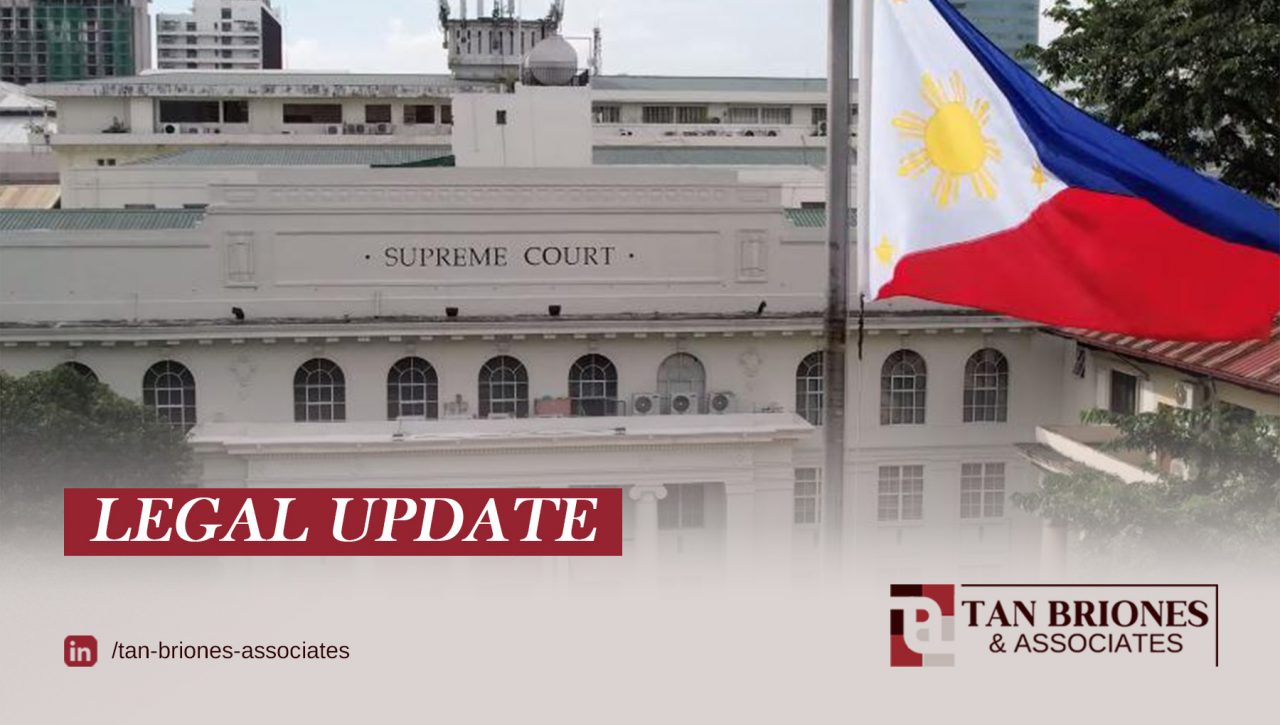
The Supreme Court (SC) has affirmed that the National Labor Relations Commission (NLRC) may enforce the terms of a collective bargaining agreement (CBA) in cases involving unfair labor practice, clarifying that such authority extends to ensuring compliance with economic provisions agreed upon by the parties.
In a decision penned by Associate Justice Maria Filomena D. Singh, the SC’s Third Division partly granted the petition of Guagua National Colleges (GNC) and ordered that CBA benefits be computed only within the agreement’s effectivity period of June 1, 2009 to May 31, 2014.
“It would better promote the ends of justice to recognize the authority of the NLRC to continue to enforce the provisions of the CBA which [GNC] has been reticent to adhere to,” the Court said.
FACTS AND ISSUE
GNC in Pampanga and its two labor unions—the Guagua National Colleges Faculty Labor Union (GNCFLU) and the Guagua National Colleges Non-Teaching and Maintenance Labor Union (GNCNTMLU)—had been parties to successive CBAs from 1994 to 2009, with the last agreement expiring on May 31, 2009.
Negotiations for a new CBA broke down in 2009 after GNC refused to grant certain monetary benefits. The unions accused the school of bad faith bargaining and unfair labor practice, prompting the Secretary of Labor to assume jurisdiction and refer the case to the NLRC for compulsory arbitration.
On March 31, 2011, the NLRC ruled in favor of the unions, declaring the final draft of the 2009–2014 CBA as binding and ordering retroactive payment of agreed benefits.
The ruling became final in June 2011 but was challenged by GNC all the way to the Supreme Court in a separate case (G.R. No. 204693), which in 2016 affirmed the finding of bad faith bargaining.
In 2017, the unions sought execution of the NLRC decision, resulting in a writ ordering payment of over ₱4.67 million in unimplemented benefits.
The Court of Appeals later upheld the award for rice subsidy, longevity pay, and emergency relief allowance but excluded a signing bonus.
The main issue before the SC was whether the NLRC had the authority to issue the writ of execution and grant monetary awards despite the absence of a specific monetary award in the original decision.
RULING
In its ruling, the SC upheld the NLRC’s authority to enforce the CBA’s economic provisions, citing its jurisdiction over unfair labor practice cases and noting that gross violations of a CBA’s economic terms may be addressed by the Commission.
However, it struck down two aspects of the NLRC’s execution: (1) the inclusion of a signing bonus, which the Court said was unwarranted because no CBA was mutually negotiated, and (2) the computation of benefits beyond the CBA’s effectivity period.
The Court stressed that the doctrine of immutability of judgment barred extending benefits past May 31, 2014, and any disputes after that period “must go through the grievance machinery and voluntary arbitration” under the CBA.
The Court directed the NLRC to recompute the award to cover only June 1, 2009 to May 31, 2014 and remanded the case for proper execution.
“While the NLRC has incidental jurisdiction to give effect to its rulings… it cannot alter the metes and bounds of a final and executory decision,” the Court said.
Follow Tan Briones & Associates on LinkedIn for more legal updates and law-related articles.







